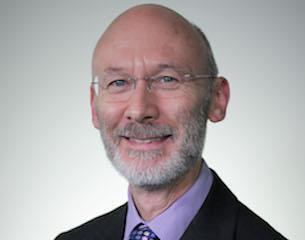
After a period of just six months, it would be premature to try and make a meaningful assessment of the new decumulation options. However, some patterns have begun to emerge that provide some indication of possible longer-term trends.
To date, members who have encashed entire defined contribution (DC) pots have done so with smaller funds. We do not know what other retirement provision such members have made, but it seems reasonable to assume that this cohort has other sources of retirement savings, including defined benefit (DB) pensions.
Instances of larger funds being encashed appear to be relatively uncommon and this does suggest that fears that DC members would squander their funds have been unfounded. However, we need to wait until the DC market has matured to see how members behave when funds are larger and retained DB benefits are less common.
The government is frustrated at obstacles preventing members exercising their new options. Given how little time the industry was given to adapt to the new regime, it is hardly surprising that many schemes or providers feel unwilling or unable to provide the new freedoms. There is also evidence that some members are experiencing barriers in the form of punitive exit charges when seeking to transfer funds to providers able to offer the new options. The government seems to have been wrong-footed here; such charges are largely due to market value adjustments affecting with profits funds and schemes in deficit or the legacy of pre-Retail Distribution Review (RDR) commission structures and, arguably, should have been identified when the freedoms were first announced.
Perhaps the most worrying statistic is the low level of take-up for the Pension Wise service. If the new decumulation regime is to be successful, it is vital that members are able to make informed decisions before taking irreversible action. For the new options to be judged a success, the public has to have a far more detailed understanding of their choices and of their longer-term implications.
Kevin LeGrand is president of the Pensions Management Institute



